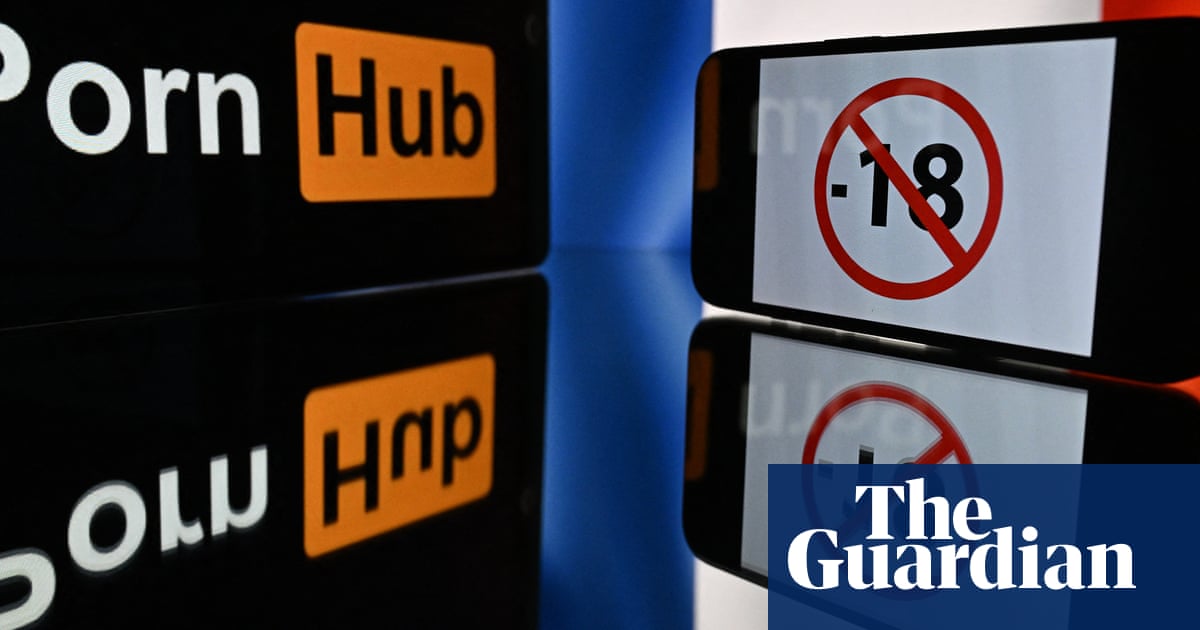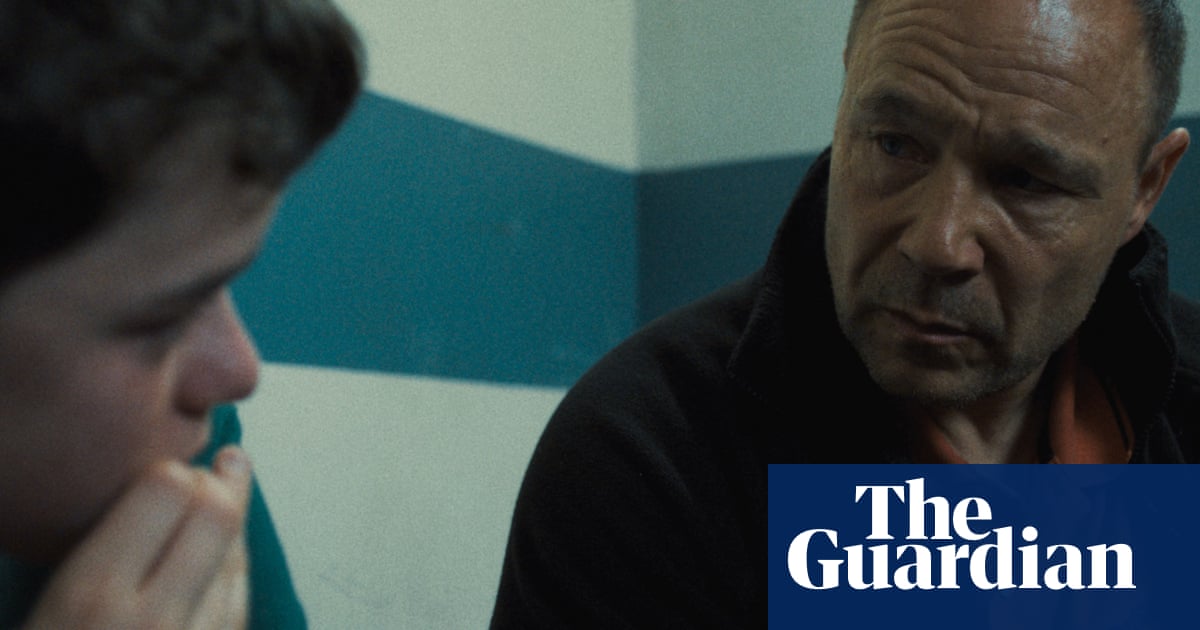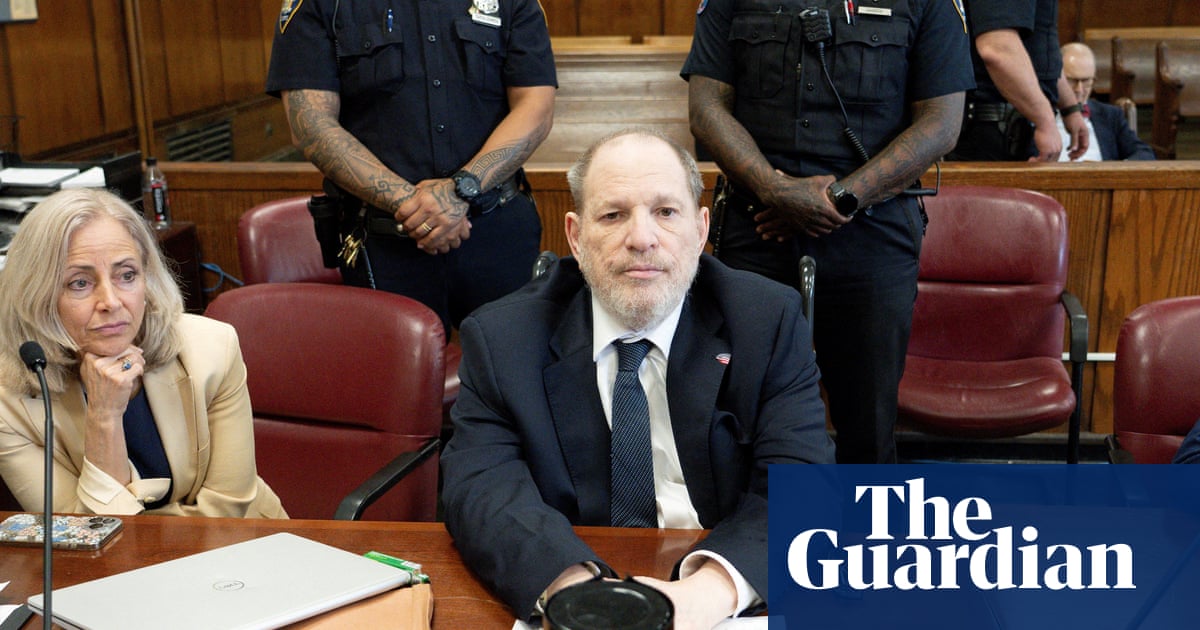Hovering between memoir, docu-essay and drama, Serbian artist Iva Radivojević’s third feature opens with a phone call that changes everything. Eleven-year-old Lana (a proxy for Radivojević, played by Natalija Ilinčić) receives the news that her grandfather has died; home alone, she is told by the speaker to communicate that to her mother. The Bakelite clock on the wall says it is precisely 10.36am on a Friday in 1992, “when the country of X was still a country”.
Friday 10.36am 1992 becomes a point and a rift in time, through which the historical erupts into the personal; a more intimate companion piece, perhaps, to the 2006 Romanian new wave classic 12.08 East of Bucharest. The news of Lana’s grandfather’s death melds with the start of the Yugoslavian war (perhaps the two events are linked, as he was a retired colonel). Suitcases are packed; Lana, in her memory always wearing a pink Nike shell suit, is driven by her father to the airport, presumably to emigrate. With these dramatised fragments – as well as ones of everyday Serbian life – threaded together in a third-person narration later revealed to be hers, Lana seems to be reconstructing her own exiled past.
There’s something detached but obsessive about these remembrances, contained and framed like keepsakes by Radivojević in a tight 4:3 ratio. Her focus on the every day – tailing strangers with her mate Jova (Anton Augustinov), playing piano down the phone for another friend, her fascination with local junkie Vlada (Vasilije Zečević) – conveys the general state of denial in the face of impending war: “a pressure in the air”.
The stream of minutiae also shows Lana’s need to preserve this lost reality and, through her insistent commentary, give it significance; sifting through it breeds strange slippages and correspondences. The western pop music that interrupts a Serbian concert she watches with Vlada prefigures her new life. A story about her father’s mafia dealings dovetails with her reaction to a TV production of Carmen she watches immediately after the fateful phone call; both contain “just enough unbelievable drama to keep her entertained”. But the drama of Lana’s own life remains off-screen and implied, always slipping between the fingers of this disquieting meditation on memory and exile.

 1 day ago
10
1 day ago
10

















































